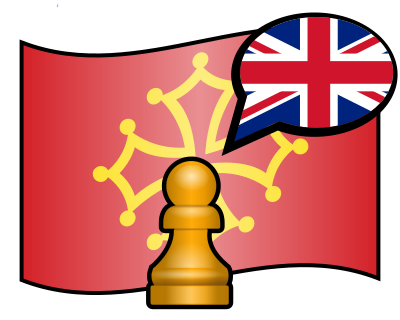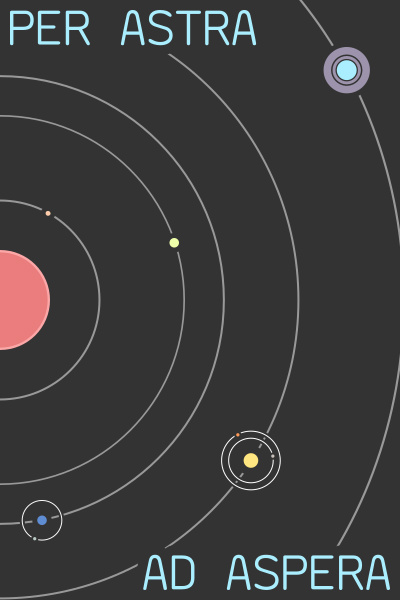| summaryrefslogtreecommitdiff |
diff options
Diffstat (limited to 'src')
| -rw-r--r-- | src/game_design.tex | 4 | ||||
| -rw-r--r-- | src/game_design/attributes.tex | 14 | ||||
| -rw-r--r-- | src/game_design/damage_types.tex | 18 | ||||
| -rw-r--r-- | src/game_design/magical_elements.tex | 30 | ||||
| -rw-r--r-- | src/implementation.tex | 0 |
5 files changed, 66 insertions, 0 deletions
diff --git a/src/game_design.tex b/src/game_design.tex new file mode 100644 index 0000000..ed614d5 --- /dev/null +++ b/src/game_design.tex @@ -0,0 +1,4 @@ +\section{Game Design} +\input{src/game_design/attributes} +\input{src/game_design/damage_types} +\input{src/game_design/magical_elements} diff --git a/src/game_design/attributes.tex b/src/game_design/attributes.tex new file mode 100644 index 0000000..ad193de --- /dev/null +++ b/src/game_design/attributes.tex @@ -0,0 +1,14 @@ +\subsection{Attributes} +\label{character-attributes} +\begin{description} +\item[Accuracy] \ldots +\item[Critical Hit Chance] + Likeliness for each attack to be a critical hit (see~\ref{critical-hit}). + From 0 to 100\%. +\item[Damage Modifier] \ldots +\item[Dodge Chance] \ldots +\item[Double Hit Chance] \ldots +\item[Health Points] \ldots +\item[Movement Points] \ldots +\item[Parry Chance] \ldots +\end{description} diff --git a/src/game_design/damage_types.tex b/src/game_design/damage_types.tex new file mode 100644 index 0000000..fedbb26 --- /dev/null +++ b/src/game_design/damage_types.tex @@ -0,0 +1,18 @@ +\subsection{Damage Types} +\label{damage-types} +There are \textbf{3} damage types: \textit{slashing}, \textit{bludgeoning}, and +\textit{piercing}. Additionally, the term \textit{base} damage is used when +describing damage applied to all three at the same time. Each damage type is +independent, in the sense that an attack of type \textit{A} will only be +affected by the defense of type \textit{A} (and \textit{base} defense). This +encourages players to diversify both their attack and defense types so that they +are able to exploit weaknesses in their opponents' defenses all while trying to +avoid their adversaries doing the same. By limiting the types of damage types to +3, there should be enough depth for players to create interesting team +compositions without the complexity that might lead them to just not bother +taking it into consideration in their planning. It's very much like the +\textit{rock–paper–scissors} or Fire Emblem's \textit{Weapon Triangle}, except +that you are not limited to a single type, and that the type(s) you use for +attack do not have to match the one(s) you use for defense. + +Magical elements (Subsection~\ref{magical-elements}) are not damage types. diff --git a/src/game_design/magical_elements.tex b/src/game_design/magical_elements.tex new file mode 100644 index 0000000..c2b6f86 --- /dev/null +++ b/src/game_design/magical_elements.tex @@ -0,0 +1,30 @@ +\subsection{Magical Elements} +\label{magical-elements} +\begin{figure} +\begin{center} +\begin{tikzpicture}[auto,>=stealth'] + \tikzstyle{primary} = [draw,rectangle]; + \tikzstyle{secondary} = [draw,diamond]; + \node[primary] (WIND) {Wind}; + \node[secondary,below right of = WIND] (SNOW) {Snow}; + \node[primary,below right of = SNOW] (WATER) {Water}; + \node[secondary,below left of = WATER] (PLANT) {Plant}; + \node[primary,below left of = PLANT] (EARTH) {Earth}; + \node[secondary,above left of = EARTH] (METAL) {Metal}; + \node[primary,above left of = METAL] (FIRE) {Fire}; + \node[secondary,above right of = FIRE] (LIGHTNING) {Lightning}; + + \draw (WIND) -- (LIGHTNING); + \draw (WIND) -- (SNOW); + \draw (WATER) -- (SNOW); + \draw (WATER) -- (PLANT); + \draw (EARTH) -- (PLANT); + \draw (EARTH) -- (METAL); + \draw (FIRE) -- (METAL); + \draw (FIRE) -- (LIGHTNING); +\end{tikzpicture} +\end{center} +\caption{Magical Elements Wheel} +\label{magical-elements-wheel} +\end{figure} + diff --git a/src/implementation.tex b/src/implementation.tex new file mode 100644 index 0000000..e69de29 --- /dev/null +++ b/src/implementation.tex |


